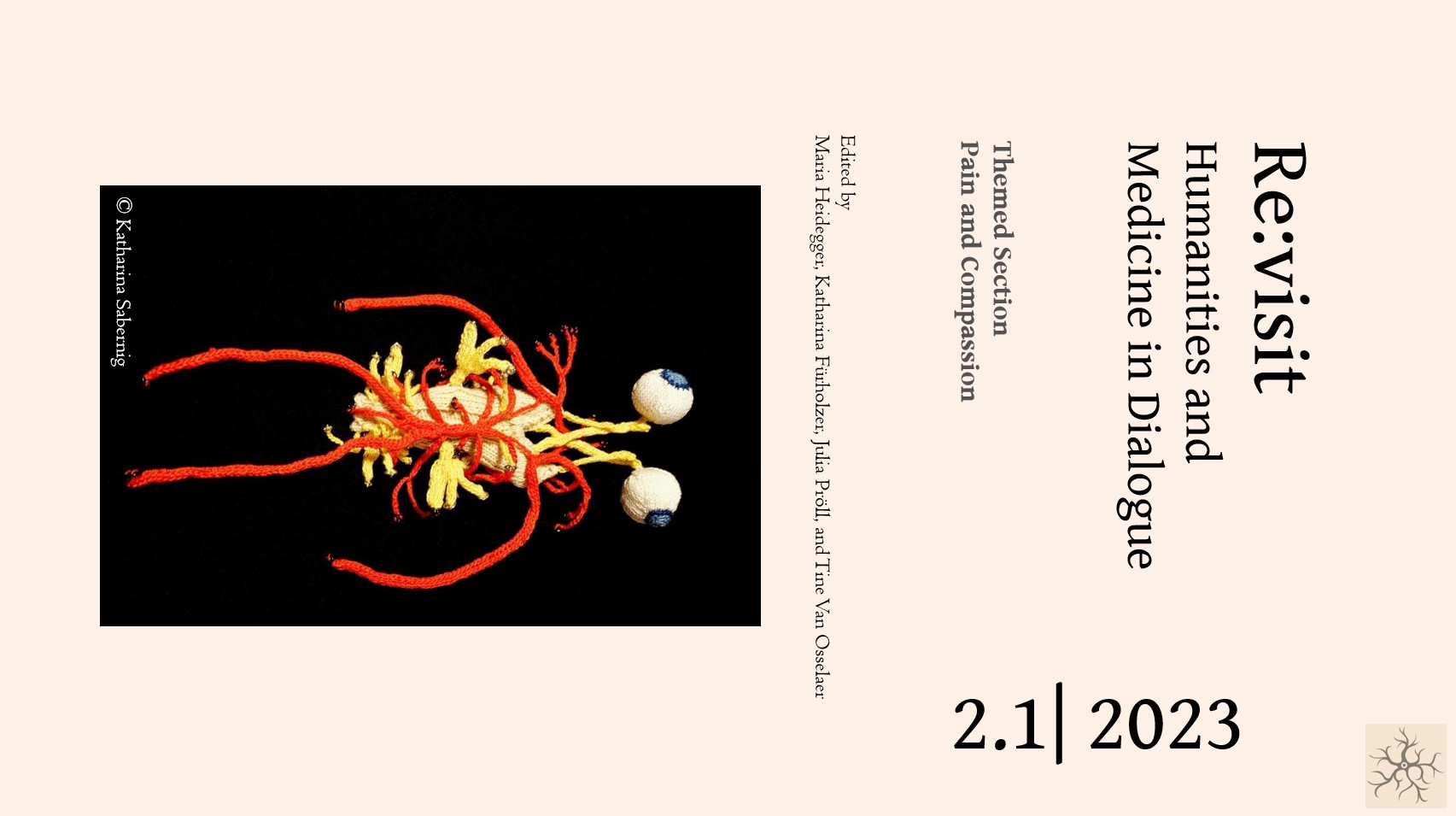The Mountain Man and the Politics of Pain
Dalit Personhood, the Caste System and 'Scar Cultures'
DOI:
https://doi.org/10.57974/Re:visit_2023_2.04Keywords:
trauma-narrative, borders, caste, Dalit, (cultural) identity, pain, compassionAbstract
Ketan Mehta’s 2015-film Manjhi: The Mountain Man tells the story of Dashrath Manjhi, a Dalit from a small village in Bihar, India. The villagers’ access to the closest hospital in Wazirgani, the nearest town is blocked by a nameless mountain, resulting in the death of the protagonist’s wife, Phaguniya. Phaguniya’s grieving husband copes with this loss by spending twenty-two years to single-handedly cut a road through the mountain.
In this paper, I will discuss Mehta’s film – which is based on real events – as an expression of what Pramod Nayar calls ‘scar cultures’. Here the mountain symbolises the protagonist’s grief and becomes a spatial signifier for India’s traumatic, post-colonial upheavals in general, and the realities of the caste system in particular. Mehta refuses to transform this tale of man versus mountain into a heroic biopic. While Manjhi’s struggles and the attendant goal exceed the ordinary, this character still appears marginalised and is used to shed a light on the pain on the Dalit community around him. He becomes a vehicle of representing those caught in the shadow of the caste pyramid. More importantly, The Mountain Mantells a painful narrative and depicts dissolving identities, cultural fragmentations, and social disruptions.
Downloads
Published
Issue
Section
License
Copyright (c) 2023 Christoph Singer

This work is licensed under a Creative Commons Attribution 4.0 International License.






